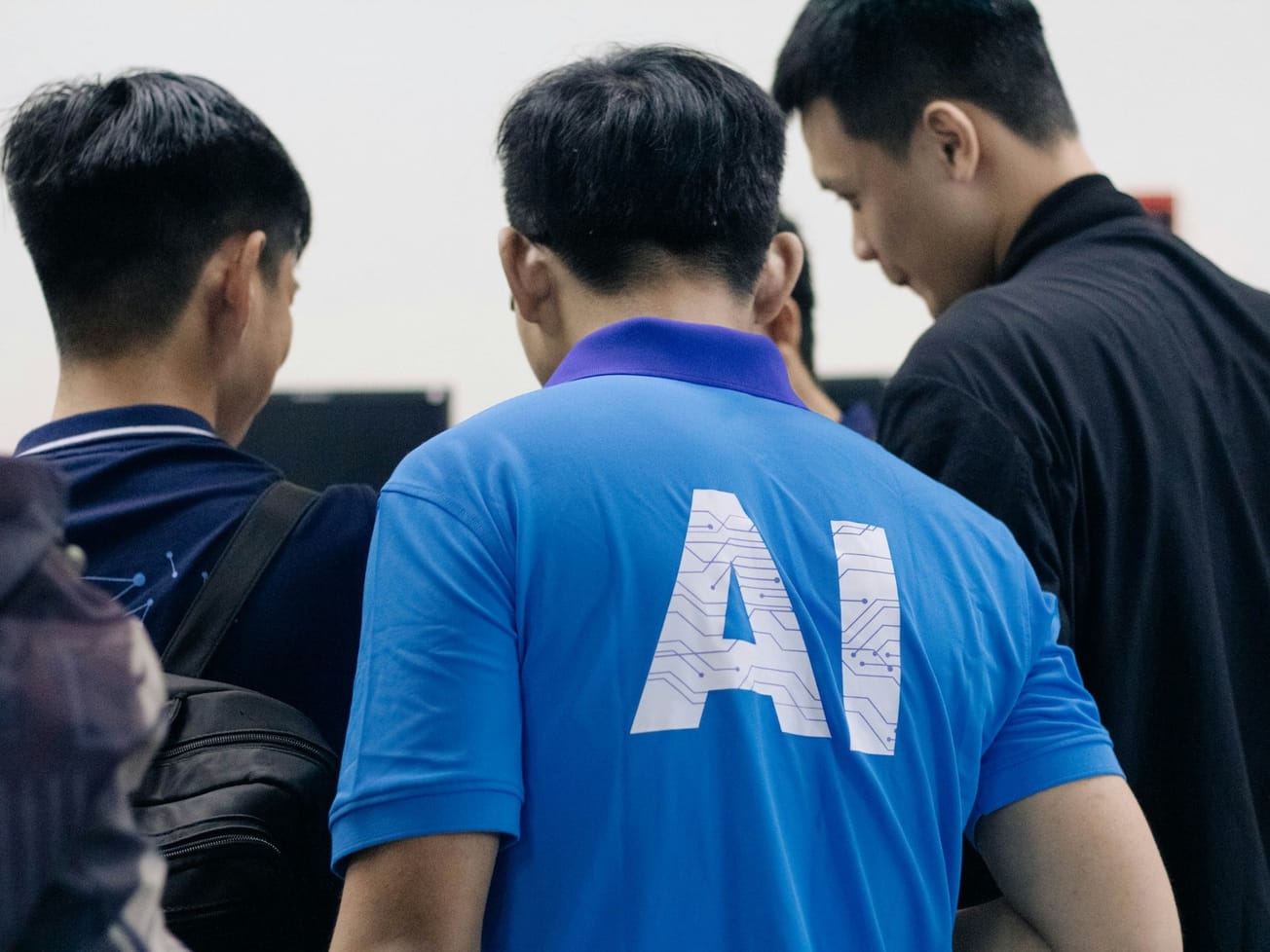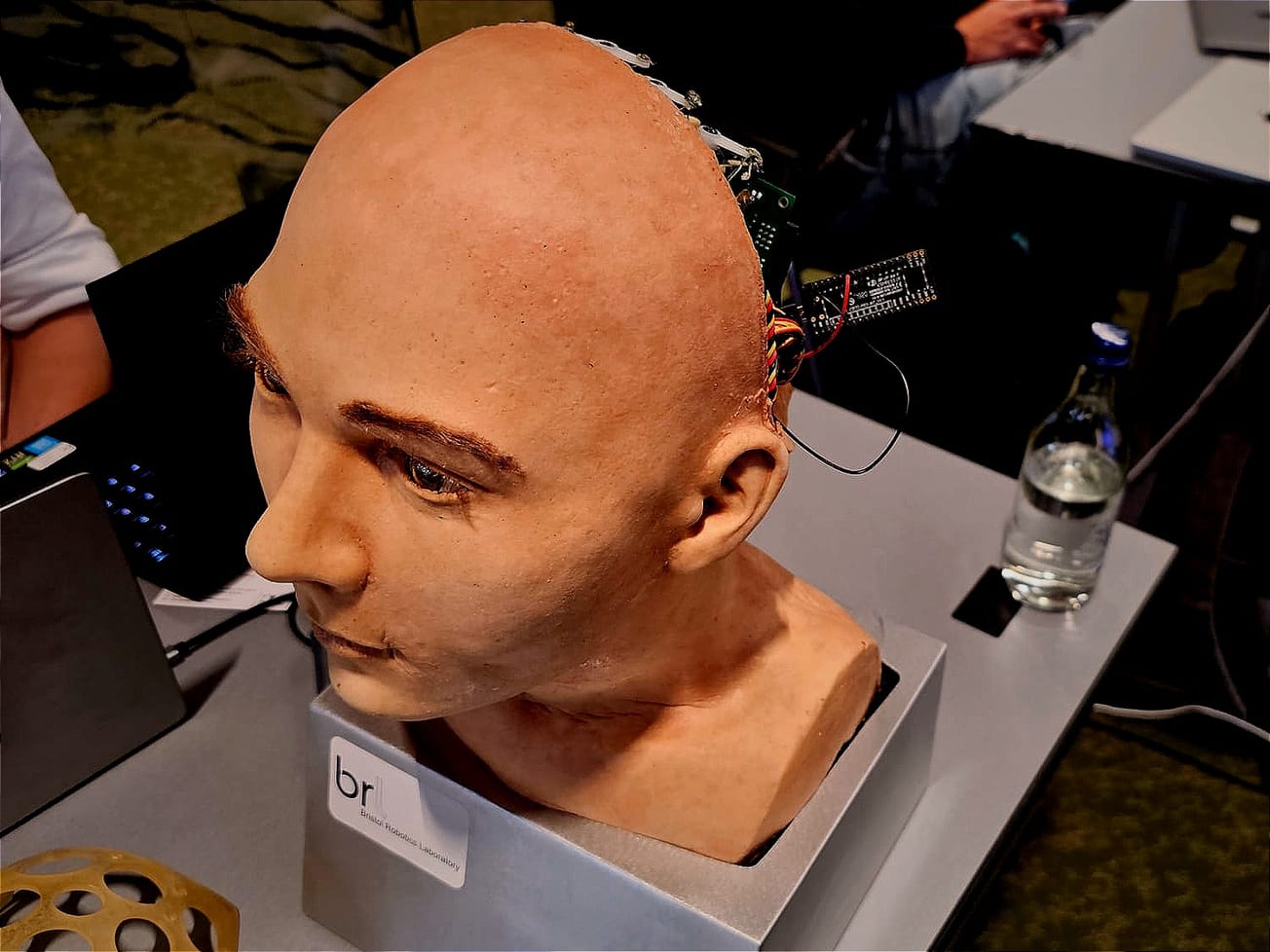A proposal by some scientists and experts to create a new international watchdog agency in artificial intelligence gained the endorsement of U.N. Secretary-General António Guterres.
At a press briefing on Monday, Guterres said it's time for the world to heed the advice of AI scientists and experts who say the rapid advances in generative AI technology are both promising and extremely dangerous.








